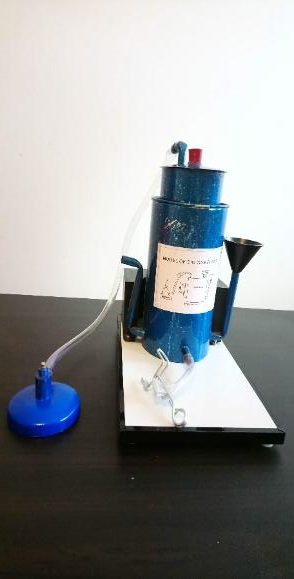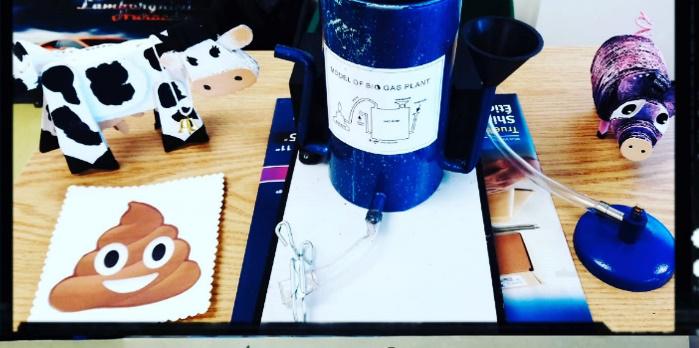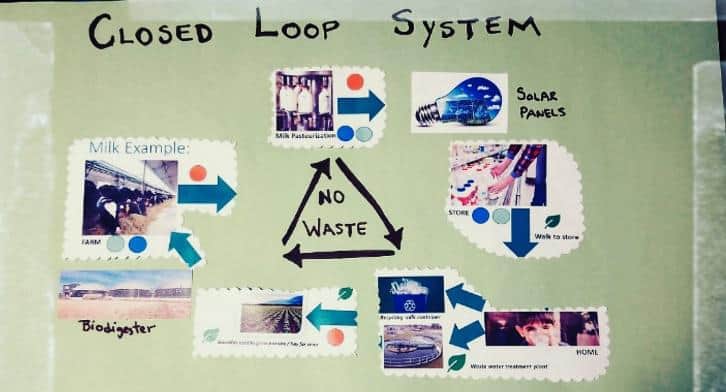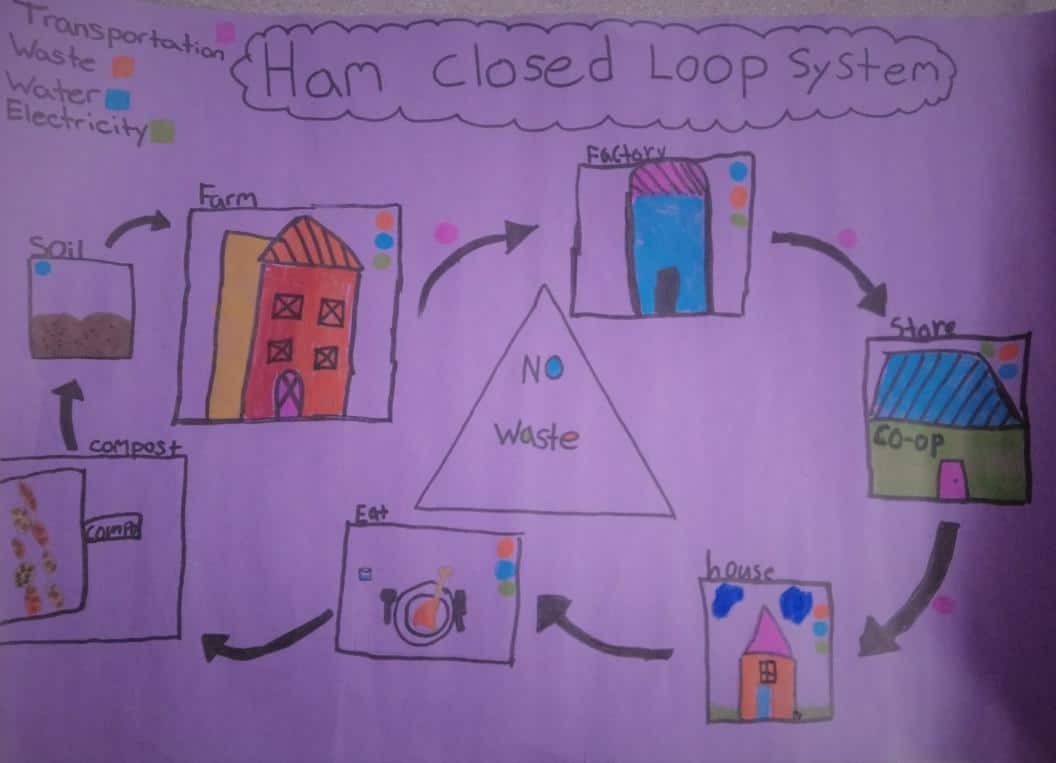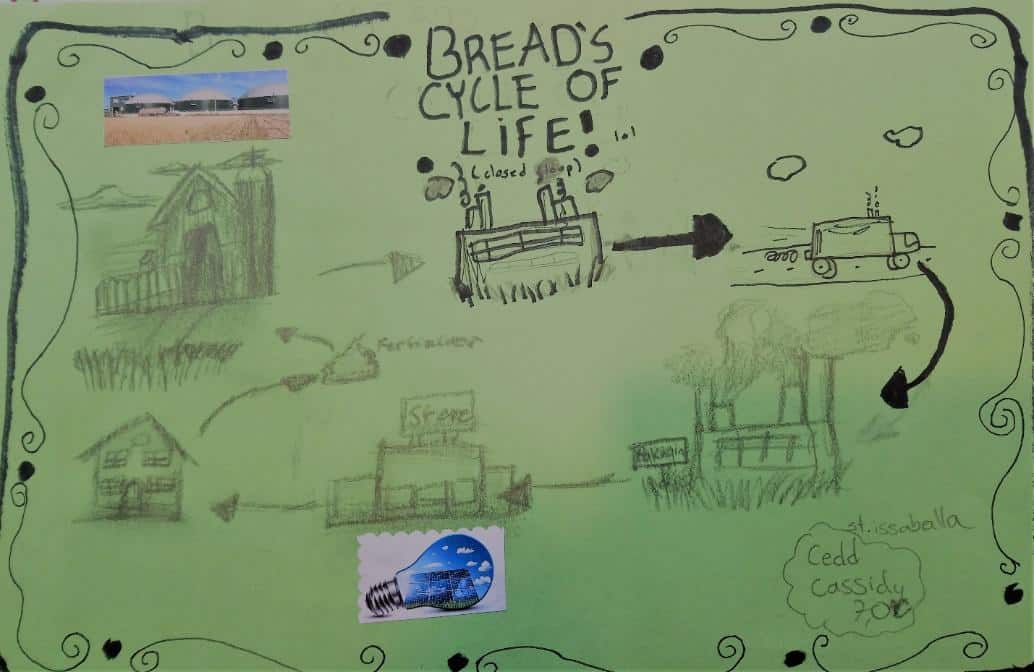-
The biogas produced from a biodigester is a renewable source of energy that contributes to closed loop systems in a circular economy. Biodigester technology is a good way to generate clean energy, reduce organic waste generation and the related greenhouse gas (GHG) emissions, and produce a rich fertilizer.
A closed-loop system is essentially one of the production processes of a circular economy, which turns products, packaging, and other forms of waste into new products and services. Instead of dumping used materials into landfills, waste is re-processed and made into similar materials or re-purposed as new products.
- Engage in a lively and informative discussion on how energy can be generated using organic waste.
- Learn how a biodigester can contribute to a closed loop system in a circular economy.
-
Participants will:
- Watch a short video that explains the technologies used in Alberta and the rest of the world to reduce waste as well as to generate clean energy.
- Examine the features of a biodigester using a prototype brought to the workshop.
- Create a model of a production system and identify the electricity, water, and transportation needed.
- Identify the waste generated in different components of the production system.
- Suggest ways to make the loop tighter by lessening the waste to make it more sustainable.
-
Grade Topic 4 Waste and Our World
Circular Waste Management
The 7R’s of Sustainability (Refuse, Reduce, Re-use, Repair, Re-gift, Recover, Recycle)5 Renewable Energies and Non-Renewable Energies 6 Circular Economies and Closed Loop Systems 7 Interactions and Ecosystems 8 Science Inquiry
Water systems impacted by our linear Economy9 Biological Diversity
Environmental Chemistry -
After the Workshop, participants will be able to do the following:
- Identify the features of a biodigester.
- Comprehend the feedstock required to produce biogas.
- Explain how a biodigester creates energy from organic waste.
- Recognize important factors to consider in building a biodigester at home.
- Analyze a current production model that generates waste and suggest how to close the system to model a circular economy.
-
Length
Duration of workshop: 45 to 60 minutesGrade Level
The workshop is most suitable for grades 4, 5, 6 and 7 but can be appropriate for other grades as noted under CURRICULUM tab.Pricing:
Cost for a group of about 25 participants is $ 200 CAD. -
Does the biodigester in the workshop actually produce energy to use, such as cooking food or powering a computer?
Both of these activities are possible with a real biodigester. However, to avoid any safety concerns in the classroom, only a prototype is used.How does the workshop on the biodigester relate to food waste?
The workshop discusses the amount of food wasted globally. Roughly one-third of food produced for human consumption is lost or wasted, which amounts to about 1.3 billion tons per year. Even though the energy used to produce the food is a wasted resource, using a biodigester is a better solution than disposing of the food in a landfill.Does the workshop touch on the subject of greenhouse gas (GHG) emissions?
Yes, generally food disposed of in a landfill creates methane gas, which is a GHG emission. By using food waste in a biodigester, the methane is captured and used to produce energy rather than released in the air as a GHG emission.

